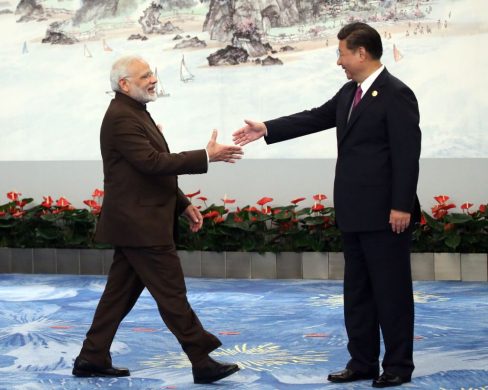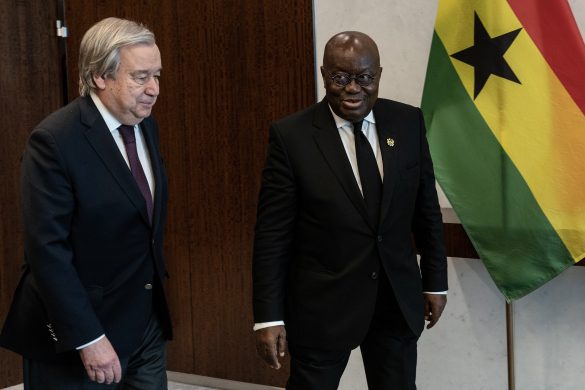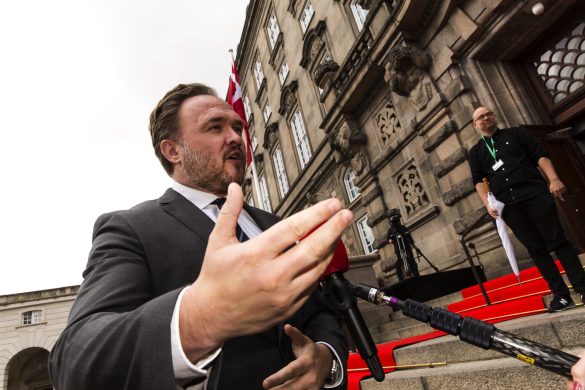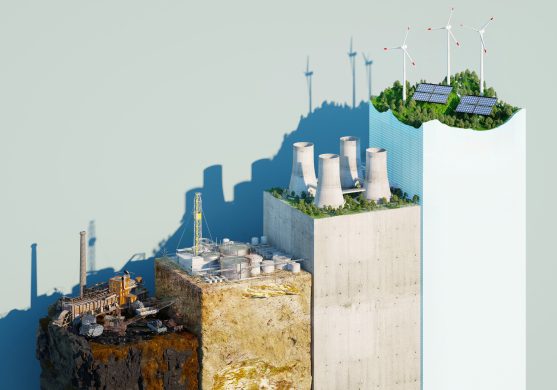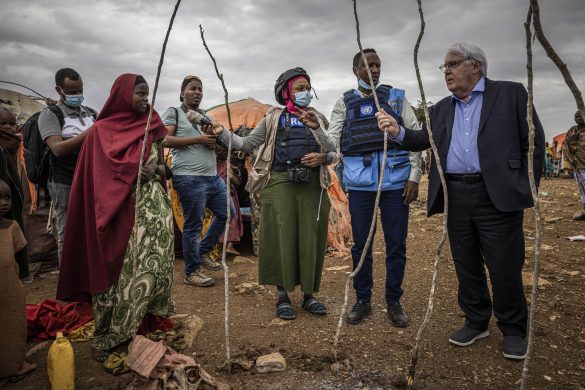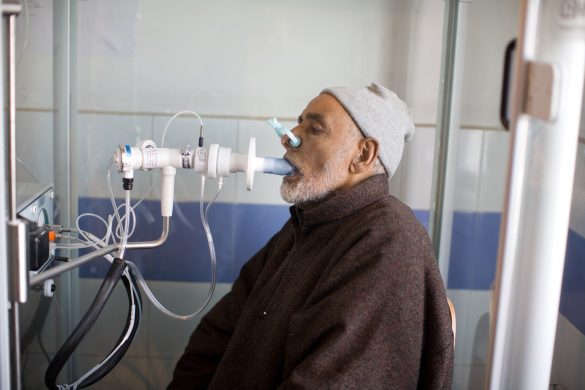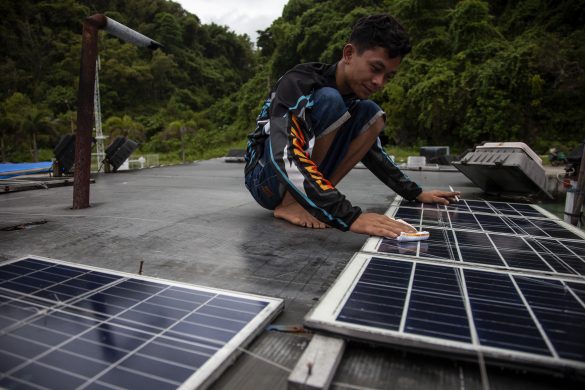I denne uge mødes politikere og nogle af verdens største virksomheder i Jakarta for at drøfte mulige måder at tilfredsstille den voksende efterspørgsel på skovprodukter og samtidig bevare skovenes økosystemer, skriver World Resources Institute tirsdag.
As the crisis of tropical deforestation reaches a new level of urgency due to forest fires raging in Indonesia, an important question is how can the world satisfy the growing demand for forest products while still preserving forest ecosystems?
This week, some of the world’s largest companies will join U.S. and Indonesian government officials in Jakarta at the Tropical Forest Alliance 2020 (TFA 2020) meeting to discuss this issue.
The meeting comes three years after the Consumer Goods Forum (CGF), a group of the world’s 400 largest consumer goods companies from 70 countries, announced their commitment to source only deforestation-free commodities in their supply chains and help achieve net-zero deforestation by 2020.
The TFA 2020, a public-private partnership established in 2012 at the Rio+20 Summit, aims to provide concrete guidance on how to implement the forum’s pledge.
The CGF pledge could significantly influence the way these commodities are produced: The group boasts combined annual sales of more than $3 trillion, and includes leading brands such as Unilever, Johnson & Johnson, Walmart, and IKEA.
The TFA 2020 meeting will discuss a number of ways that the GCF can achieve its goal and push the industry as whole. A few of the most significant include:
1. Degraded Lands
One of the most pressing issues in Indonesia is the clearing of primary forest and peat land for agricultural expansion. Analysis done by WRI finds that there are ample opportunities to shift agribusiness development onto already-cleared degraded lands, which are low in stored carbon and biodiversity.
This concept has gained traction, yet questions remain about how to define degraded lands, as well as the challenges and opportunities to developing such lands. WRI and its partners work to identify degraded lands suitable for palm oil production, using biophysical, economic, social, and legal criteria.
We have piloted our research method in the island of Kalimantan, Indonesia. Our results indicate that there are potentially 14 million hectares of degraded land in Kalimantan alone that would be suitable for palm oil development. This is a tremendous opportunity to fulfill commodity production goals while respecting the CGF’s zero-deforestation commitment.
Since 2010, Indonesia’s President Susilo Bambang Yudhoyono has stated his commitment to utilize degraded lands for commodity expansion, which has sparked initial interest among the palm oil industry and helped inform government policies around this topic.
Multi-stakeholder groups such as the Roundtable on Sustainable Palm Oil (RSPO) have also issued guidance on how to expand the palm oil crop without further forest conversion.
2. Forest Monitoring
Læs mere her: http://insights.wri.org/news/2013/06/3-ways-achieve-zero-tropical-deforestation-2020





